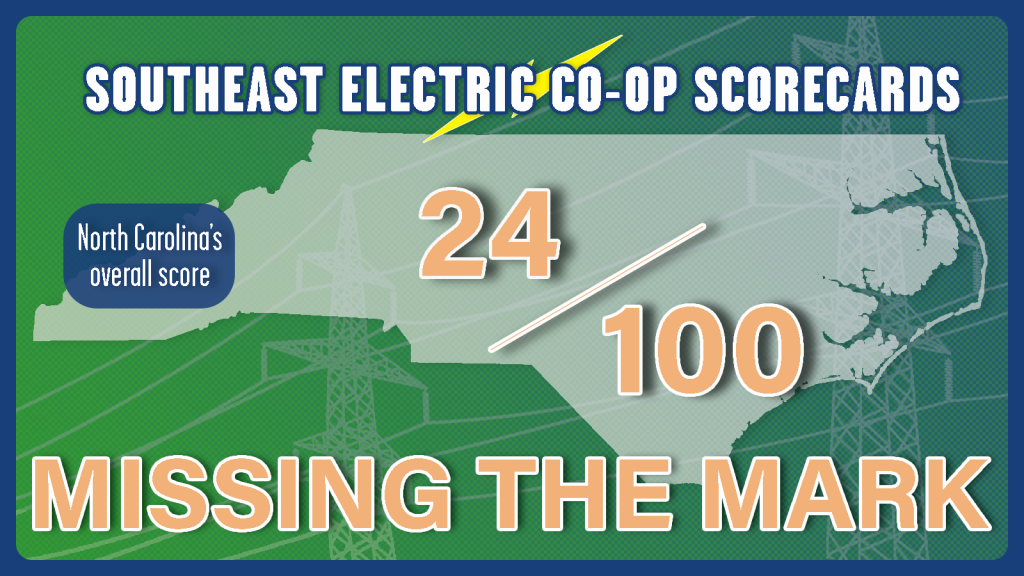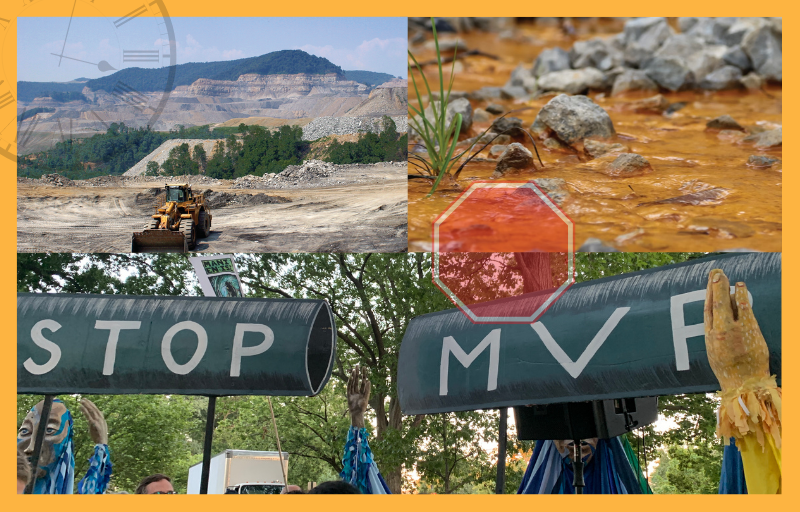Cleaning Up Coal Ash
For well over a century, power plants across the country have burned coal to generate electricity. And for just as long, leftover coal ash has been dumped in open, unlined pits near the power plant, usually located on a river or lake. Every year, U.S. power plants produce 130 million tons of coal ash, which is the second largest waste stream in the country after municipal garbage.
Coal ash concentrates the toxic heavy metals found in coal, including arsenic, mercury, lead and selenium. Stored in unlined, wet impoundments, coal ash has been leaking these toxics into our groundwater and surface waters for years. Sometimes these impoundments collapse — with disastrous results.
Yet government regulations for coal ash management are either non-existent or sparse, and there is little enforcement of the regulations that do exist. In North Carolina, this lack of oversight — and the complicity between state regulators, elected officials and Duke Energy — came to a boiling point in February 2014 when one of Duke’s coal ash impoundments spilled 39 million tons of ash into the Dan River.
Citizens living near North Carolina’s 33 coal ash impoundments — all of which have leaked — have fought for transparency from Duke and the state, and for cleanup of the pollution that threatens their property value, health and family. Their actions forced this issue into the headlines of news networks and to the forefront of environmental justice conversations in the United States.
Appalachian Voices stood with these communities as we worked for years to compel Duke Energy and the N.C. Department of Environmental Quality to excavate coal ash from all the North Carolina sites and dispose of it either in lined, dry landfills, away from waterways, or by recycling it for concrete or other uses, provided it’s done in a manner that protects public health and the environment.
On Jan. 2, 2020, North Carolina announced a historic settlement with one of the state’s most powerful corporations and polluters, Duke Energy. The settlement requires Duke to move nearly 80 million tons of toxic coal ash at six of its power plants to properly lined landfills onsite or recycle it.

Learn information about specific coal ash impoundments in the South, including health threats and safety ratings:
Additional Resources
Fact sheets, videos, links to academic research, and more
Sign Up to Act
Help us protect the health of our communities and waterways.
Latest News
Virginia legislators must take utility shutoff protections seriously this winter
Virginia is one of only seven states that doesn’t protect residents from getting their power or water shut off over unpaid bills during extreme weather. State legislators aim to change that in the 2023 General Assembly session.
Guest blog: Electric co-ops need to remember the importance of affordability for their members
Blue Ridge Energy has a co-op principle on their website that states, “Cooperatives are democratic organizations controlled by their members, who actively participate in setting policies and making decisions.” I don’t know about you, but I have never been asked to help set policy or make decisions regarding my energy that I am paying for.
EPA proposes moderate improvements for public health; must do more
The proposal is a step in the right direction, but it doesn’t go nearly far enough. In Appalachia, our people are breathing fugitive mine dust and toxic emissions from numerous industries. Time and again, state regulatory practices have fallen short in curbing the impacts of these industries. Fugitive coal mine dust in particular has not been regulated in any meaningful way. EPA can and should do more to protect our health.











